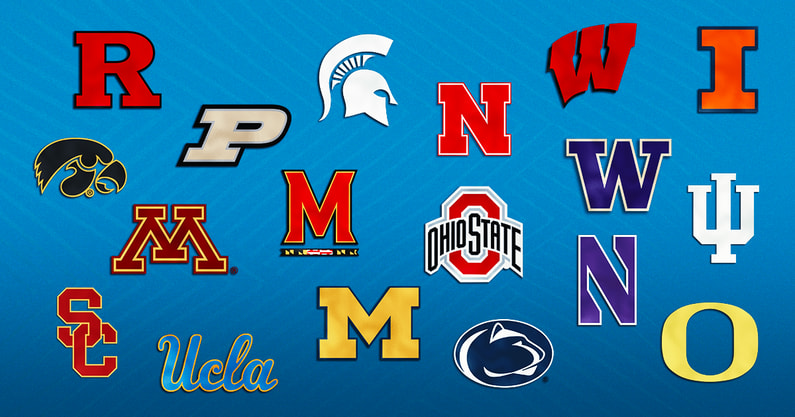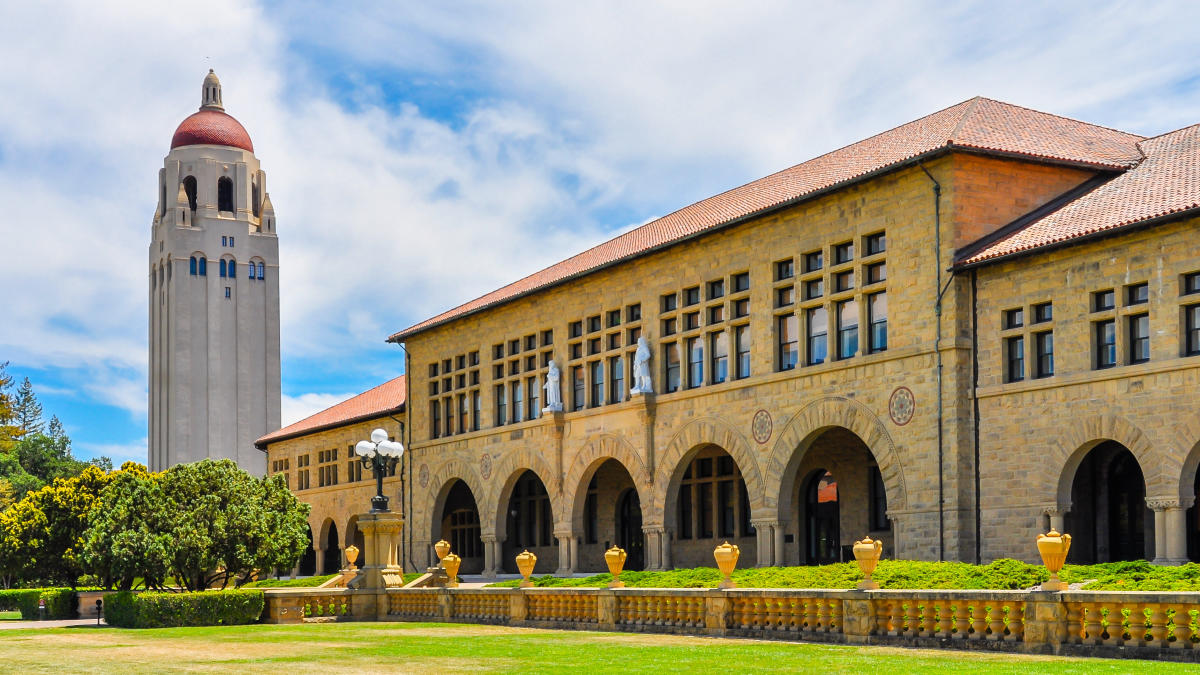OpenAI’s groundbreaking technology is rapidly changing the workforce as we know it. The advancements made by OpenAI are reshaping industries and creating new opportunities. Many researchers argue that technology could completely replace jobs, leaving many wondering what the future holds for the professional world. According to a June 2023 New York Times article, “The A.I. Revolution Will Change Work. Nobody Agrees How,” “Goldman Sachs estimated that the technology behind popular A.I. tools such as DALL-E and ChatGPT could automate the equivalent of 300 million full-time jobs. Researchers at Open AI, the maker of those tools, and the University of Pennsylvania found that 80 percent of the U.S. work force could see an effect on at least 10 percent of their tasks.” As a result, students are forced to rethink their college major choice, as they are faced with a shifting landscape that demands an in-depth understanding of emerging trends and technologies.
The Rise of AI in the Workforce
OpenAI’s contributions to artificial intelligence have been substantial in many industries. From natural language processing to complex problem-solving, AI is now a fundamental part of many business processes. AI has the potential to affect millions of jobs in the future, but according to the same New York Times article, David Autor, a professor of economics at the Massachusetts Institute of Technology, who has been studying technological change and the labor market for more than 20 years, is quoted as saying, “Affected could mean made better, made worse, disappeared, doubled.”
Due to the fact that technology tends to automate tasks, some jobs are more at risk of being replaced or impacted in a negative way than others. For example, according to an NBC article “Will AI replace your job? New study reveals the professions most at-risk by 2030,” “customer service, sales, production work and food services are the worst impacted by AI acceleration, based on the research.” The New York Times also notes that medical fields such as radiology are at risk, as it is expected that in about five years, “algorithms would ‘do better’ than humans” at certain medical tasks or professions.
In contrast, AI is also being used as a tool to help professionals be more efficient at their jobs. According to a new report by McKinsey Global Institute, “Health, STEM, transportation, warehousing, business and legal professionals are projected to be growing under AI.” This shift is creating a demand for individuals with skills and knowledge in AI-related fields.
What Students Should Consider When Selecting Majors
As OpenAI continues to innovate, it gives rise to entirely new professions and fields of study. For example, AI ethics, responsible AI development, and AI policymaking are becoming even more important in education. These emerging areas present opportunities for individuals to meaningfully contribute to the ethical and responsible use of AI in the workforce.
When thinking about a major, students should not feel limited to the traditional focus of computer science and engineering. There is a need for collaboration with experts in the fields of psychology, sociology, ethics, and many other disciplines to ensure AI is used effectively and responsibly.
The fast-paced nature of OpenAI’s technologies requires students who display qualities of adaptability and lifelong learning. College majors that focus on fostering critical thinking, problem-solving, and adaptability will become increasingly valuable. Students need to take on the mindset of continuous learning to stay relevant in a workforce that is constantly evolving. Additionally, while AI can easily perform data-driven tasks, it lacks human qualities like empathy; therefore, college majors that nurture creativity, emotional intelligence, and interpersonal skills become essential in this new era.
Conclusion
OpenAI’s influence on the workforce is undeniable, and it does have an impact on how students should choose a college major. The workforce of the future needs people who are technologically savvy but also ethically conscious, creative, and adaptable. When choosing a college major, always lead with your interests and what will best serve your personal goals in the future. Meet with a PREMINENTE college counselor to help navigate the new educational landscape and the everchanging nature of the workforce and AI.


